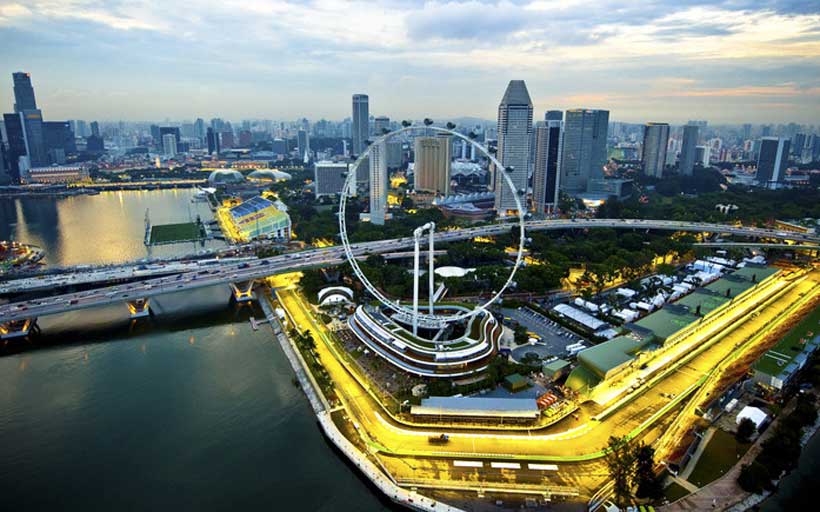The World Tourism Organization (UNWTO) released today the report ‘Overtourism’? Understanding and Managing Urban Tourism Growth Beyond Perceptions: Case Studies’, choosing ITB Berlin as the fitting backdrop to address a pressing topic before the global tourism sector. The report provides examples of specific measures being implemented in cities across the Americas, Asia and the Pacific and Europe.
A total of 18 case studies assembled in the report are the follow-up to the general approach laid out in the previous publication ‘Overtourism’? – Understanding and Managing Urban Tourism Growth beyond Perceptions’. Launched in September 2018, it examines how to manage tourism in urban destinations to the benefit of visitors and residents alike, offering a wide range of strategies and measures for a better understanding and management of challenges and opportunities.
“Urban tourism is multifaceted and requires a city-wide strategy with cooperation between all stakeholders and the inclusion of tourism in the urban agenda”, said UNWTO Secretary-General Zurab Pololikashvili. “Sustainable and inclusive cities must mean creating cities for all: citizens, investors and visitors”, he addedd.
As acomplement to the conceptual approach, the report presented today looks into concrete case studies from Amsterdam, Antwerp, Barcelona, Berlin, Besalú, Cambridge, Dubrovnik, Edinburgh, Ghent, Hangzhou, London, Lucerne, Macao (China), New York, Lisbon, Seoul, Porto, Prague and Venice,.
The examples show that there is no ‘one-size fits all’ measure to tackle overtourism, and that any successful destination management strategy needs to be context specific. Although this might not come as a surprise, there is a connecting thread between the fundamental challenges: congestion in specific locations and sites at specific moments, mobility, pressure on infrastructure and resources, decrease in ‘place’ authenticity and impact on social fabrics and residents daily lives.
Consequently, the most common measures currently being implemented by destinations relate to the dispersal of visitors within the city and beyond, showing the pressing need to manage tourism congestion in certain areas and attractions. Measures with the aim of improving the city infrastructure and facilities are also frequently mentioned, reflecting the fact that many challenges are linked not only to the growing number of visitors but also to the pressure placed by residents, commuters and tourists on the city’s resources and services.
The Overtourism reports were produced in collaboration with the Centre of Expertise Leisure, Tourism & Hospitality (CELTH), Breda University of Applied Sciences, and the European Tourism Futures Institute (ETFI) of NHL Stenden University of Applied Sciences.


